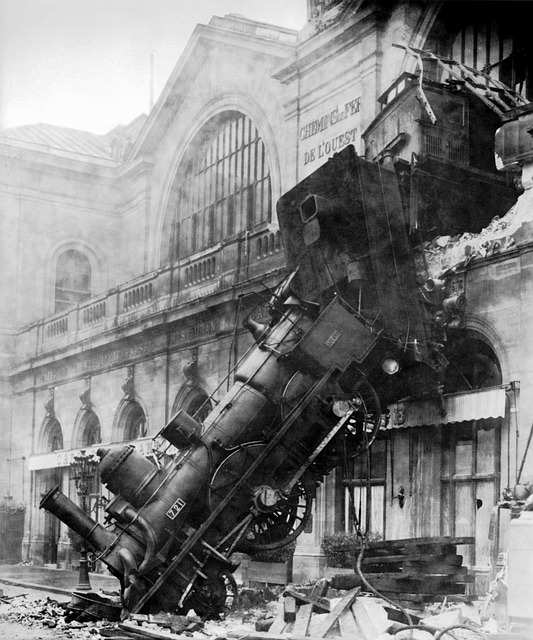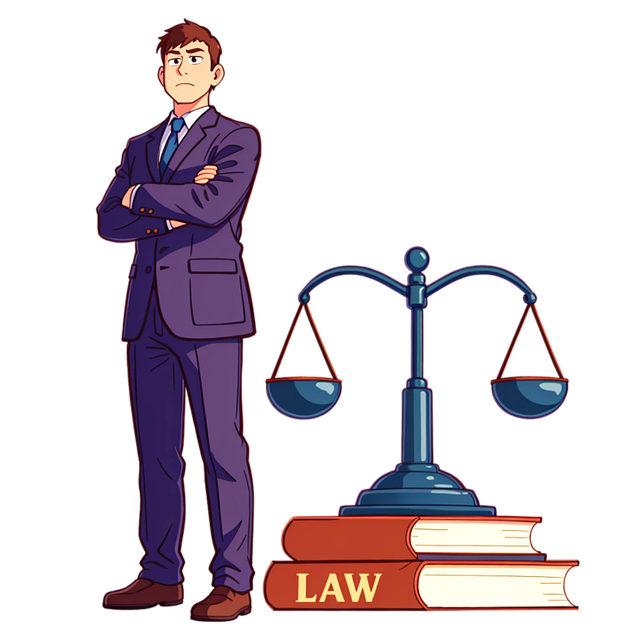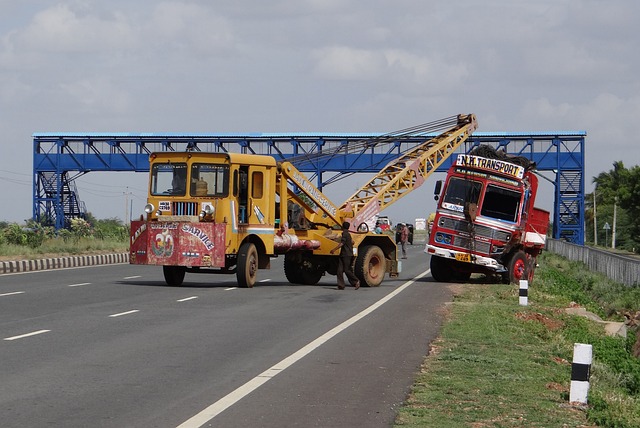Driving while intoxicated (DWI) in the Bronx carries severe legal consequences. New York state's 0.08% blood alcohol content (BAC) limit applies to drivers over 21. Bronx officers are trained to identify intoxication and conduct field sobriety tests. During an arrest, Miranda rights are read, leading to a legal process involving pretrial hearings, court appearances, and evidence presentation. Bronx personal injury lawyers specialize in DWI defense, challenging test accuracy and navigating complex laws. Choosing a lawyer with specialized knowledge, clear communication, and a proven track record is crucial for the best outcome.
Facing a DWI charge in the Bronx? Understanding your rights and legal options is crucial. This article guides you through the complexities of DWI laws, highlighting the pivotal role of experienced Bronx personal injury lawyers. Learn what to expect during an arrest and trial, explore defense strategies, and discover key considerations when choosing your legal representative. Take a dive into this essential resource for navigating the challenging landscape of DWI cases in the Bronx.
- Understanding DWI (Driving While Intoxicated) Laws in the Bronx
- The Role of a Bronx Personal Injury Lawyer in DWI Cases
- What to Expect During a DWI Arrest and Trial
- Building a Defense Strategy: Challenges and Potential Outcomes
- Choosing the Right Bronx Personal Injury Lawyer for Your Case
Understanding DWI (Driving While Intoxicated) Laws in the Bronx

Understanding DWI (Driving While Intoxicated) Laws in the Bronx
In the Bronx, driving while intoxicated is a serious offense with severe legal consequences. If you are facing DWI charges, it’s crucial to understand the local laws and seek the help of experienced Bronx personal injury lawyers who specialize in DWI defense. The penalties for DWI can include hefty fines, license suspension or revocation, and potential jail time. New York state has strict laws regarding blood alcohol content (BAC), with a limit of 0.08% for drivers over 21 years old. Law enforcement officers in the Bronx are trained to recognize signs of intoxication and conduct field sobriety tests to determine if a driver is impaired.
If you are pulled over and suspected of DWI, your interactions with law enforcement can significantly impact your case. It’s important to remain calm, respectful, and cooperative during this process. Refusing to take a breath or blood test can lead to more severe penalties, as New York state has strict implications for refusal. Having an understanding of your rights and the legal process is key to building a strong defense against DWI charges.
The Role of a Bronx Personal Injury Lawyer in DWI Cases

What to Expect During a DWI Arrest and Trial

During a DWI arrest in the Bronx, you can expect a series of events designed to ensure your safety and legal rights. A law enforcement officer will pull you over if they observe any signs of impaired driving, such as erratic behavior or failed field sobriety tests. After confirming suspicion, the officer will ask you for your license and registration, explaining the reasons for the stop. If arrested, you’ll be read your Miranda rights, signaling the beginning of a legal process that requires the assistance of a Bronx personal injury lawyer.
The trial involves multiple stages, from pretrial hearings where strategies are discussed to the actual court appearance. The prosecution will present their case, detailing evidence such as blood alcohol level results and witness testimonies. Your defense attorney, armed with knowledge of New York DWI laws, will counter this by examining evidence, challenging procedure, and presenting a compelling argument for your innocence. This battle of legal strategies culminates in a verdict that can either clear you of charges or lead to penalties including fines, license suspension, or even jail time.
Building a Defense Strategy: Challenges and Potential Outcomes

Building a Defense Strategy: Challenges and Potential Outcomes
In the Bronx, personal injury lawyers face unique challenges when defending clients against Driving While Intoxicated (DWI) charges. The first hurdle is disputing the accuracy of breathalyzer or blood test results, which requires in-depth knowledge of scientific procedures and potential errors. Lawyers must also navigate complex legal precedents and interpret state laws regarding DWI penalties. Another challenge lies in presenting a compelling narrative that explains the client’s behavior without incriminating them.
Potential outcomes range from successful dismissal of charges to reduced sentences. A strong defense strategy might involve questioning witness testimonies, challenging evidence handling, or negotiating a plea bargain. Bronx personal injury lawyers who excel in these areas can significantly improve their clients’ chances of favorable resolutions, ensuring justice and minimizing the long-term consequences of a DWI conviction.
Choosing the Right Bronx Personal Injury Lawyer for Your Case

When choosing a Bronx personal injury lawyer for your case, several factors come into play. Firstly, you’ll want someone with extensive experience in handling DWI cases, as this specialised knowledge can make a significant difference in the outcome. Look for lawyers who have a proven track record of successful defence strategies and a deep understanding of local laws and regulations.
Secondly, consider the lawyer’s communication style and availability. You need a legal advocate who is responsive, transparent, and willing to keep you informed throughout the process. Ensure they provide clear explanations of complex legal matters and are accessible for discussions and meetings as needed.
When facing DWI charges in the Bronx, having an experienced Bronx personal injury lawyer by your side is invaluable. They guide you through the complex legal process, ensuring your rights are protected and helping to navigate potential outcomes, from plea bargains to trials. While the journey ahead may seem daunting, a skilled attorney can make all the difference in achieving the best possible result for your unique situation.
